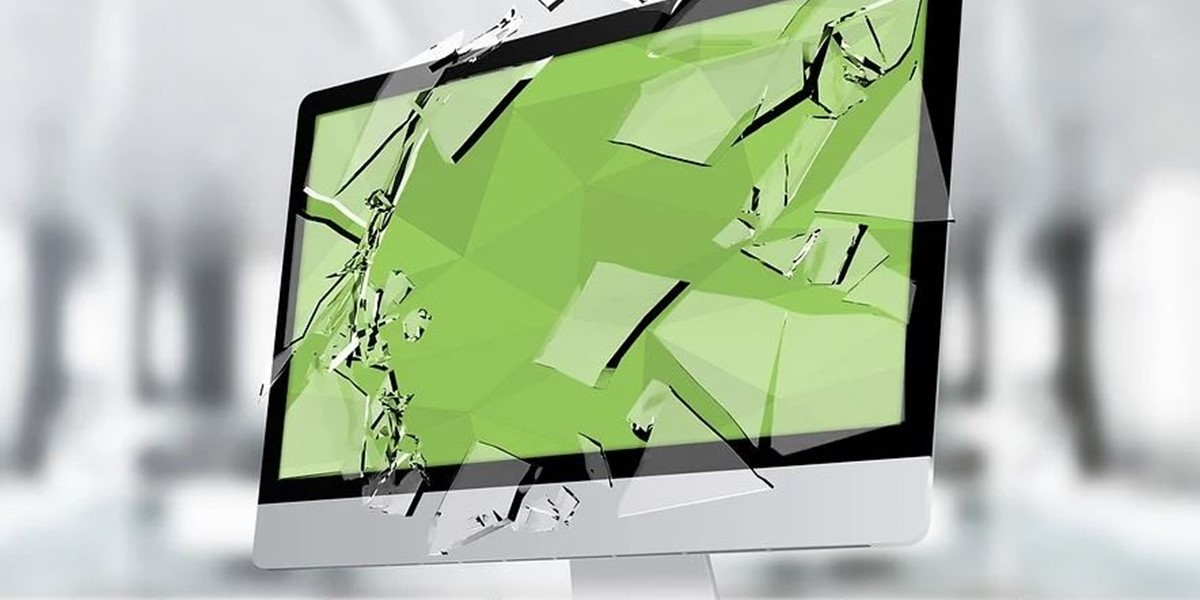Is Your Business Vulnerable To A Single Point Of IT Failure?

Any system of individual working parts is vulnerable to a single point of failure, and a business is no different. A single point of failure is a component whose failure brings down the whole system. Consider a bicycle, a system with multiple components. The chain is considered a single point of failure because, if it breaks, the bicycle stops working. There is no failover chain. To mitigate the risk of a single point of failure, redundancy, or backups are required. So in the case of the bicycle again, each of the brakes has built-in redundancy. If the rear brake fails, the bike can still be halted by the front brake.
How Resilient Is Your Computer Hardware?
Computer systems and networks are often vulnerable to single points of failure and are, therefore a particular concern for the businesses that rely on them. Business-critical machines, such as storage servers, typically have failover components in case of malfunction. A computer will not function if its primary hard drive fails, so servers usually have a redundant array of duplicate hard drives that can take over seamlessly in the event of failure.
Safeguarding Your Data
While failover components are essential for mission-critical services requiring constant up-time, no IT system should be without data backup. In the case of hardware failure or IT control failure, data can be lost permanently if it is not duplicated somewhere. User error is also a significant risk. A robust IT system should guard against situations where a user can accidentally erase data permanently.
It is important, therefore, for small and medium-sized businesses to invest in proper backup systems and IT disaster recovery strategies. Nightly backups of all data can be arranged simply on an internal server within the office. These backup processes would typically be incremental, meaning only the data that has changed is re-written. This seems a sensible strategy, but what if the office suffers a fire, destroying all of the IT hardware? Furthermore, in the current climate with thousands of business premises closed and security now offline, many offices are vulnerable to physical break-ins and equipment theft. The office itself can also be considered a single point of failure in the business operation.
Safer Methods Of Data Storage
Increasingly, businesses are looking towards cloud data backup to ensure greater resilience against such disasters. The cloud offers a transparent duplicate of all your data, including applications. Cloud redundancy can be set to update regularly so that data can be restored from any point, which will bring peace of mind to small business managers.
Your Team vs Your Business
Not every team member is a team player. While the majority of your team may work with the goals of your business in mind, it’s not unusual to find yourself with an employee who is more interested in their own ambitions and their own success, thereby not giving their all to the job they currently do.
If your IT team’s aspirations fail to line up with your business aspirations, this could easily equal a single point of IT failure.
Professional Business Support And Disaster Recovery
Trustworthy business IT support is vital in this context. Clients want to be sure that the backup service itself is resilient and has robust disaster recovery procedures. Cloud backup solutions from Fuse offer a robust and reliable solution, tailored specifically to individual client requirements. Our data storage is based in multiple locations to guard against physical points of failure.
Fuse is a Microsoft Gold Partner, and a perfect choice to back up all of your data, as well as all other company data. Storage solutions are automatically scaled, and there is no upper limit on data. To find out more, please click here to get in touch.
Image source: Pixabay









